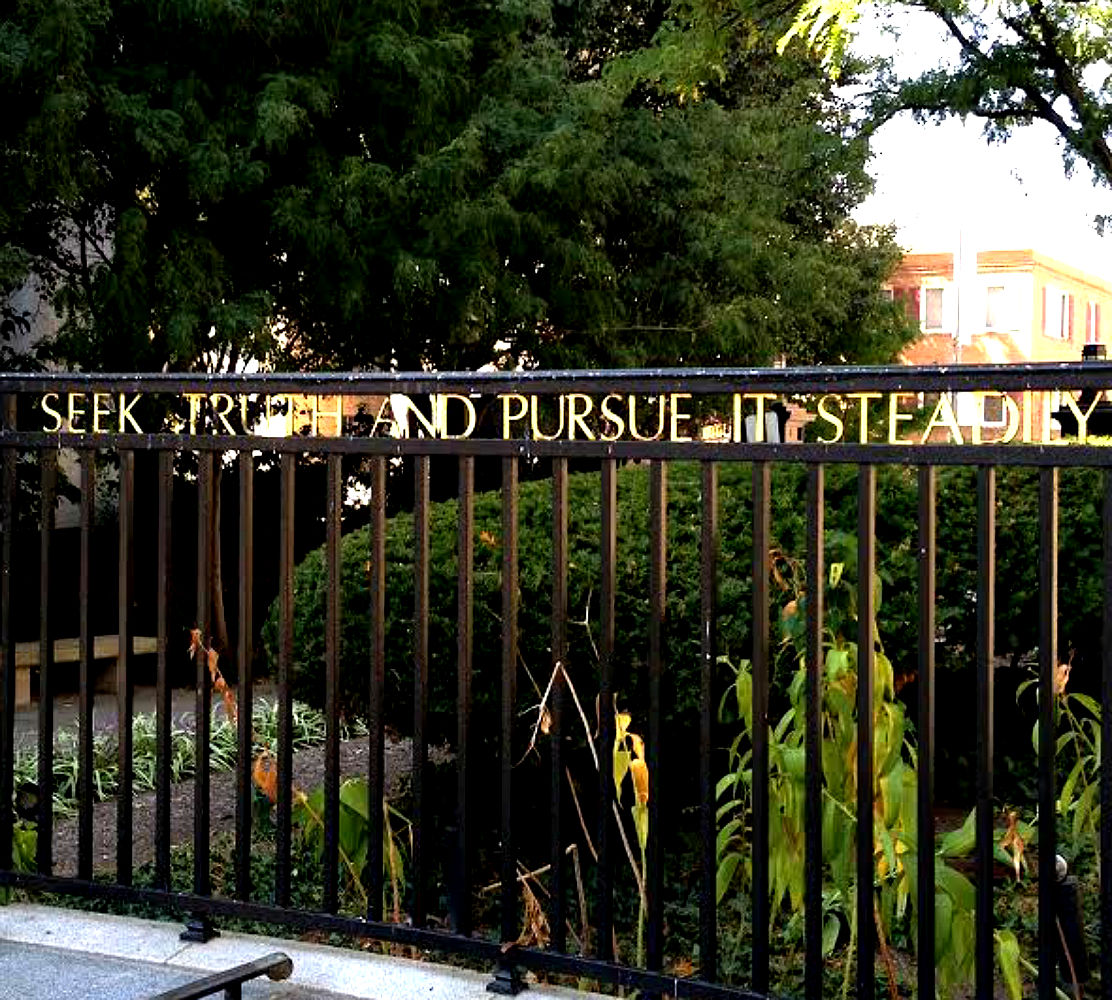“Party Weekend” – Joe “King” Carrasco
“Fight for Your Right (To Party)!” – Beastie Boys
“We Just Wanna Dance” – The Flirts
My favorite radio station, WHFS, had a ritual every Friday afternoon to start off the weekend, back in the day. DJs Weasel and Bob Here would exchange pleasantries as they exchanged shifts, and would launch in to the same set of songs at the same time every Friday (with occasional additions). The songs above, as a matter of fact. These were selected to get your spirits up and blood pumping as the work week morphed into the weekend. It was a ritual which became a tradition for ‘HFS and loyal listeners, fondly recalled to this day, even though the radio station itself is long gone and the DJs dispersed. Every Friday I seemed to be in my car at just the right time, cranking up the volume, celebrating the end of my week and the coming weekend.
Doctors also prepare for Friday afternoons, bracing for a ritual of sorts. Any time after 3:00 it starts, lasting until well after the offices close and the weekday schedule transitions to the after-hours weekend routine. It is observed by most physicians, regardless of specialty, whether they practice in the hospital or in an outpatient office.
Suddenly on Friday afternoons, it occurs to people that the weekend will be starting, and the availability of the doctors and their offices, labs, imaging, testing and what-have-you will be limited. So all of the problems languishing in and out of the hospital take on a renewed sense of urgency, and must be taken care of Right Now, before the weekend hits. Nothing can wait another hour or day, and certainly not until Next Week (Monday)!
Primary care gets hit. Prescription refills. Urgent visits to work-in, with the attendant labs and imaging to order STAT, since the results are needed before everyone goes home for the weekend. Consultants get hit, downstream from the wave that started with the primary care. It flows to radiology, and if severe enough, to the surgeons and the anesthesiologists and the gastroenterologists and all of the specialists and their teams who do procedures. No specialty is spared this ritual.
It is similar with in-patients, as the primary teams realize they need to tidy up the loose ends and dispositions before resources become scarce for the weekend. The flurry of consults, and even initiating transfers if patient acuity is high and resources are low. Yes, this wave grows and flows over to other institutions as the initial ripples can turn into a tsunami. Friday afternoons become like the elaborate cascades of falling dominoes, each tipping in turn after the first piece falls.
Understand that this special ritual, and the sense of urgency fostered by the looming weekend, is not about the emergencies we all are prepared to care for at any time of day or night. This ritual involves probems that are urgent because of the weekend. Patients with their problems that have been lingering, often for days or even weeks, before finally reaching a level of urgency that may not have been immediate and could even now wait for a day or two, but by now certainly can not wait for an entire weekend.
So the calls start, for the prescription refills, bonus points for narcotics. The boil or abscess festering for days, extra credit for diabetes, daily double if the diabetes is out-of-control too. The patient in the hospital for a week that suddenly needs a central line, the rule-out MI patient with abdominal pain for days who needs a CT or Ultrasound. The problems and illnesses that have been mild or neglected, the issues that haven’t been anticipated, all come to a head (no pun intended) on a Friday afternoon. Becoming urgent because of the prospect that the necessary services will no longer be readily and immediately available. Because it will be the weekend.
It has struck me as odd, especially in this modern day and age, that so many parts of the hospital cleave to the traditional Monday-Friday, 9-5 work week, despite the fact that all of the most critical areas of the hospital (ER, Patient wards) are staffed and function 24/7/365. Insurance companies don’t seem to care about the day of the week when determining length of stay. More importantly, patients fall ill any time of day or night, any day of the week, and once ill and hospitalized, require care and attention day and night. Illness does not respect shift, clock, or calendar.
If some parts of the hospitals are 24 hour, why not all? Why can’t the hospital or medical work week be re-imagined to include weekends? As much as I rail about turning medicine in to business, we can look at business, at retail and grocery stores, who manage to stay open for seven days a week as blue laws have been changed or repealed. I think people could do just fine if they don’t have access to a store every single day. Patients are different than shoppers though, and need to be cared for 24/7. We already have patients in the hospital every single day. Hospitals should be able to fully function every single day.
As a result, this rush of the not quite emergent yet possibly urgent calls and consultations (and even interventions) hits every Friday afternoon. How much more efficient could we be if this arbitrary break could be softened, just a little. Perhaps this is a challenge that can be addressed as we address workforce and technology issues going forward. It is indeed a brave new world out there, and before somebody else tells us yet again how it will be, we should grab the chance to take it and shape it ourselves, to ensure that we and our patients are cared for with the resources we need.
I really would rather go back to the old WHFS ritual anyway, preferring that kind of kick off to a Wild Weekend (Rockin’ Rebels).

